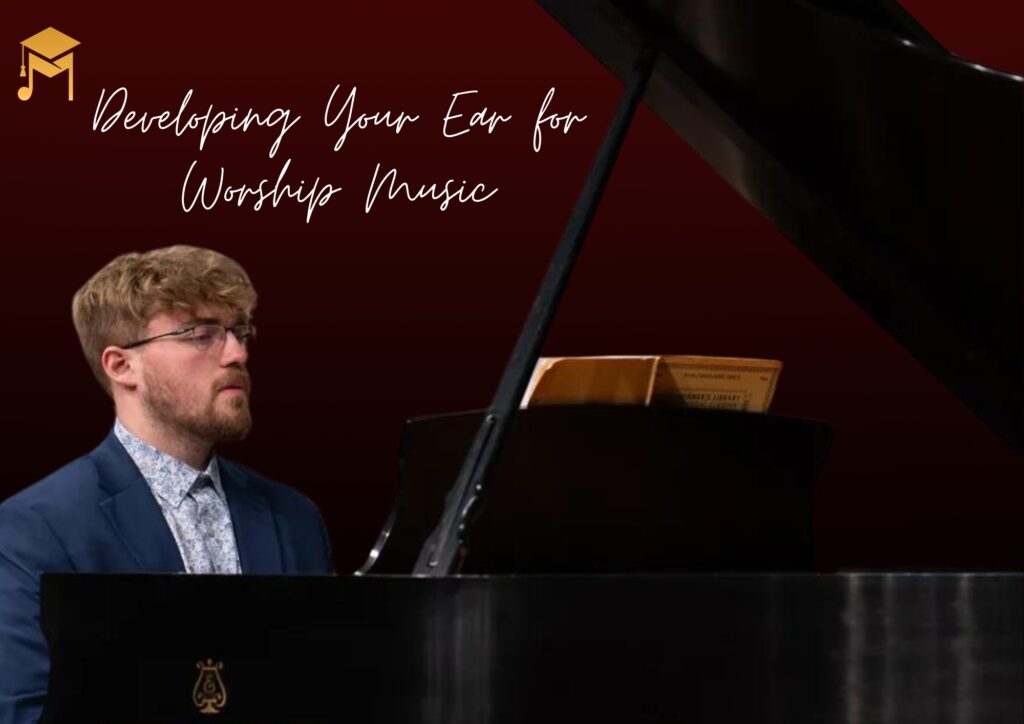Developing Your Ear for Worship Music
In worship music, having a well-developed ear is not just about hitting the right notes; it’s about creating an atmosphere where spiritual connection and musicality blend harmoniously. Ear training plays a vital role in this process, helping worship leaders, instrumentalists, and vocalists refine their ability to listen closely and respond musically. Whether you’re a worship leader, instrumentalist, or vocalist, ear training is essential for playing and singing with sensitivity, improvisation, and fluidity. Here’s how to nurture your ear for worship music and elevate your role in leading a congregation toward a deeper spiritual experience.
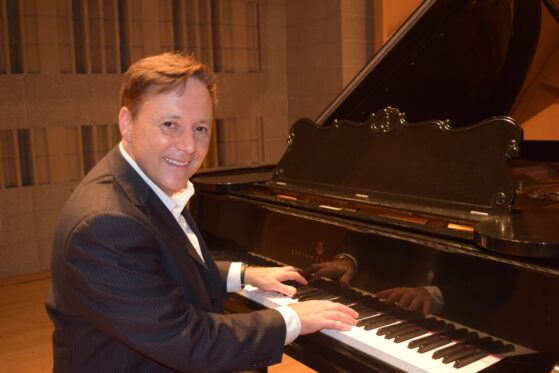
Understanding the Role of Active Listening
Developing your ear begins with active listening. Worship music, whether contemporary or traditional, often features complex harmonies, dynamic shifts, and subtle nuances that require close attention. When listening to worship songs, focus on:
- Melodic Patterns: Pay attention to recurring melodies and how they shift throughout the song.
- Chord Progressions: Learn to identify common progressions such as I-IV-V or ii-V-I. Worship music often uses these familiar sequences, and recognizing them can improve your ability to play by ear.
- Harmonies: Listen to how vocalists or instruments create layers of harmonies that support the main melody.
- Rhythmic Structure: Get familiar with different time signatures and rhythmic variations common in worship songs.

The Power of Repetition and Imitation
One of the most effective ways to develop your ear is through repetition. Choose a song or a worship set that you are familiar with and listen to it multiple times. During each session, focus on different aspects:
- First Listen: Focus on the overall feel and message of the song.
- Second Listen: Concentrate on the instrumentation. Try to pick out the bass line, guitar riffs, piano accompaniment, and other instrumental details.
- Third Listen: Isolate the vocal harmonies and background vocals.
After listening, try to imitate what you heard. This might involve playing along with the song on your instrument or singing the harmonies without looking at the sheet music. The goal here is to internalize the sound.

Learning to Play by Ear
Playing by ear is one of the most valuable skills for worship musicians. It allows you to respond quickly to changes in the music or flow of the service without relying on sheet music. Here are a few practical tips to enhance your ability to play by ear:
- Start Simple: Begin with familiar worship songs that have simple chord progressions. Focus on matching the melody and rhythm with your instrument or voice.
- Ear Training Apps: There are many apps and tools available that can help you practice recognizing intervals, chords, and scales by ear. Incorporating daily ear training exercises can drastically improve your overall musicianship.
- Experiment with Harmonies: Once you’ve learned the melody, try adding a harmony. Start with a simple third or fifth above or below the melody, and experiment from there.
- Sing Along: Vocalists can greatly benefit from singing without musical accompaniment. Try to sing along with recordings by following the melody or harmonizing spontaneously. This practice will sharpen your ability to follow pitch and intonation.
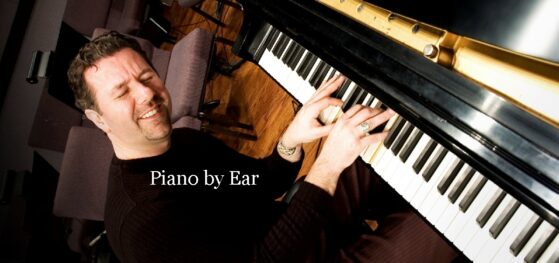
Training Your Musical Memory
Musical memory is crucial in worship music. The ability to recall melodies, chord progressions, and lyrics during a service will allow you to lead seamlessly. Strengthening your musical memory involves two main exercises:
- Memorization: Regularly practice memorizing pieces of worship music. Start with the most frequently played songs in your worship set, gradually expanding your repertoire.
- Repetition: Repetition is key to imprinting music in your memory. Play or sing sections of a song repeatedly until they feel second nature.
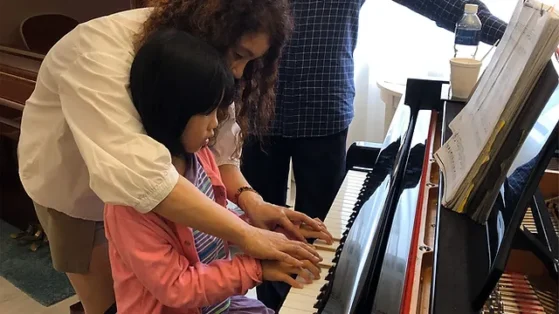
Enhancing Your Sense of Harmony
Worship music often requires you to be sensitive to harmony, as it helps build depth and atmosphere. To develop your harmonic sense:
- Practice with a Group: Worship music is usually performed with a team of musicians or vocalists. Working closely with a team will help you learn how to blend your instrument or voice with others.
- Analyze Worship Songs: Break down worship songs to understand how the harmony supports the melody. Play or sing the harmonies separately to understand their structure.
- Improvising Harmonies: Improvising harmonies in worship music adds to the flow of worship. Practice layering harmonies by ear during rehearsals or private practice sessions.
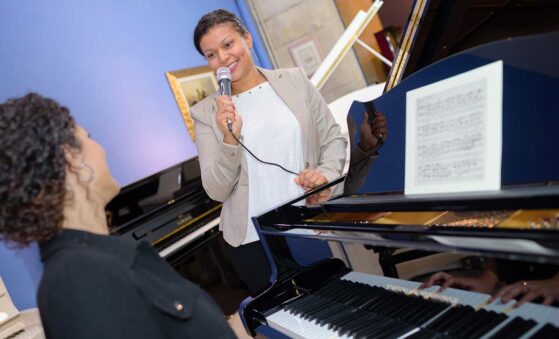
Incorporating Spiritual Sensitivity
In worship music, developing your ear is not only about technical skill but also about spiritual sensitivity. Being tuned into the emotional and spiritual atmosphere of a service will enhance your musical contribution. Here’s how to integrate spiritual sensitivity into ear development:
- Pray and Meditate: Before playing or singing in a worship service, spend time in prayer or meditation to align yourself spiritually. This will heighten your ability to connect with the message of the music and lead worship more effectively.
- Flow with the Spirit: Be ready to respond to the flow of the worship service. This often requires you to move beyond sheet music and play or sing in the moment, relying on your ear and the guidance of the Spirit.
- Listen to the Congregation: While leading worship, listen to the congregation’s response. Whether it’s through spontaneous singing, clapping, or a sense of peace, being attuned to the congregation’s engagement will help guide your musical direction.

Practice Makes Perfect
There is no substitute for regular practice. Schedule consistent times for ear training, whether through formal lessons or personal practice. By making this a priority, you’ll notice a significant improvement in your ability to adapt musically during worship services.

Conclusion
Developing your ear for worship music is both a technical and spiritual journey. By honing your listening skills, learning to play by ear, memorizing music, and staying spiritually sensitive, you can become a more effective worship leader, instrumentalist, or vocalist. Worship music is about creating a sacred space, and with a well-trained ear, you can help guide your congregation into deeper worship, where music and faith unite beautifully.


